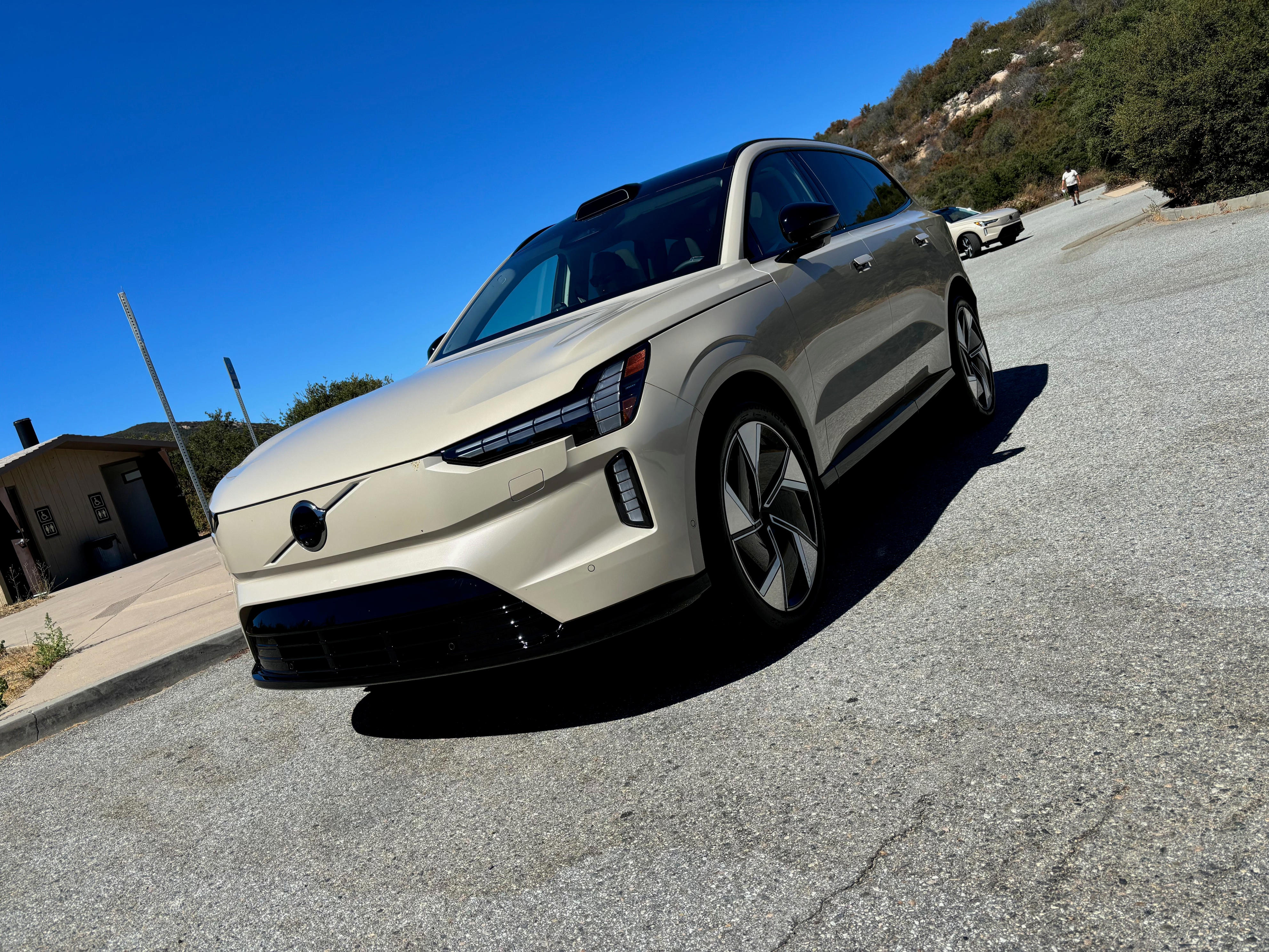China's EV Surge Leaves U.S. Autos Far Behind | Opinion

The Threat of Protectionism to Innovation in the Auto Industry
In a recent conversation, a Detroit auto executive shared a critical perspective on the impact of protectionist policies on innovation. The discussion revolved around how President Donald Trump’s approach to trade and technology could jeopardize the automotive industry during a pivotal transition period. As carmakers shift toward new technologies, the executive emphasized that protectionism is not just counterproductive but also a direct threat to progress.
It's no secret that automakers tread carefully when it comes to voicing opinions about political figures like Trump. However, the reality remains that such an environment hampers business and national growth. Despite this, two major truths are evident in the auto industry:
The Inevitability of Electric Vehicles
The shift toward electric vehicles (EVs) is accelerating at a pace that cannot be ignored. While political challenges have slowed U.S. progress, the dominance of EVs seems as certain as the adoption of cars over a century ago. This was once doubted, as seen in the 1890s when the Literary Digest claimed, “The horseless carriage … will never come into as common use as the bicycle.” Yet, four years later, Ford Motor Co. was founded, marking the beginning of a new era.
China is now leading the charge in producing affordable and advanced EVs. Although the previous administration imposed 100% tariffs on these vehicles, keeping them out of the U.S. market, this situation is unlikely to persist indefinitely. The global demand for EVs is growing rapidly, and China is well-positioned to meet that demand.
The Challenge from Chinese Automakers
Ford Vice Chairman Jon Lawler highlighted the inevitability of Chinese EVs entering the U.S. market at the Bank of America Securities 2025 Automotive Summit. He stated, “I don’t know what the timeframe is, but I don’t think we can say 'no, they’re not going to come to the U.S.'” Analysts agree with this assessment, noting the potential for a rapid influx of Chinese EVs similar to the Japanese invasion of the 1970s and 1980s.
During that period, Asian cars went from about 3% of the U.S. market share to 27% by 1990, causing significant job losses among U.S. autoworkers. Today, China produced 70% of the 17.3 million EVs manufactured globally last year, while U.S. automakers only produced around 1 million. This disparity highlights the urgent need for the U.S. auto industry to adapt and innovate.
The Impact of Trump's Policies
The Trump administration has taken steps that undermine U.S. EV development. From freezing funding for charging infrastructure to ending federal tax incentives for EV purchases, these actions threaten to stifle growth. Without these incentives, demand for EVs is expected to decline further, which could lead to reduced investment in research and development.
As Trump promotes isolationist policies and supports oil companies, China continues to build the world's most advanced EVs, capturing global market share. The speed of their development is alarming for U.S. executives, who see it as a potential threat to their competitiveness.
Lessons from the Past
Tesla CEO Elon Musk has warned that without trade barriers, Chinese EVs could "demolish most other car companies in the world." This sentiment echoes the lessons from the 1970s and 1980s, when American consumers discovered that Japanese imports offered better fuel economy and durability. My father, for example, drove a 1974 Toyota pickup for over 300,000 miles, a feat unheard of for American cars at the time.
When Chinese EVs inevitably arrive, U.S. automakers may find themselves too far behind to catch up. This will result in billions of dollars in losses and tens of thousands of jobs lost. It's not a minor setback but a self-inflicted wound that could cripple the U.S. auto industry and harm the Michigan and national economies.
A Call for Strategic Change
If Trump's policies were truly aimed at addressing working-class needs, they should incentivize the industry to develop the cars that consumers will demand in the near future. The United Auto Workers (UAW) should support the development of products that protect its members' jobs in the long run, rather than backing protectionist measures that are destined to fail.
The path forward requires embracing innovation and adapting to global trends. Only then can the U.S. auto industry remain competitive and secure its place in the evolving automotive landscape.